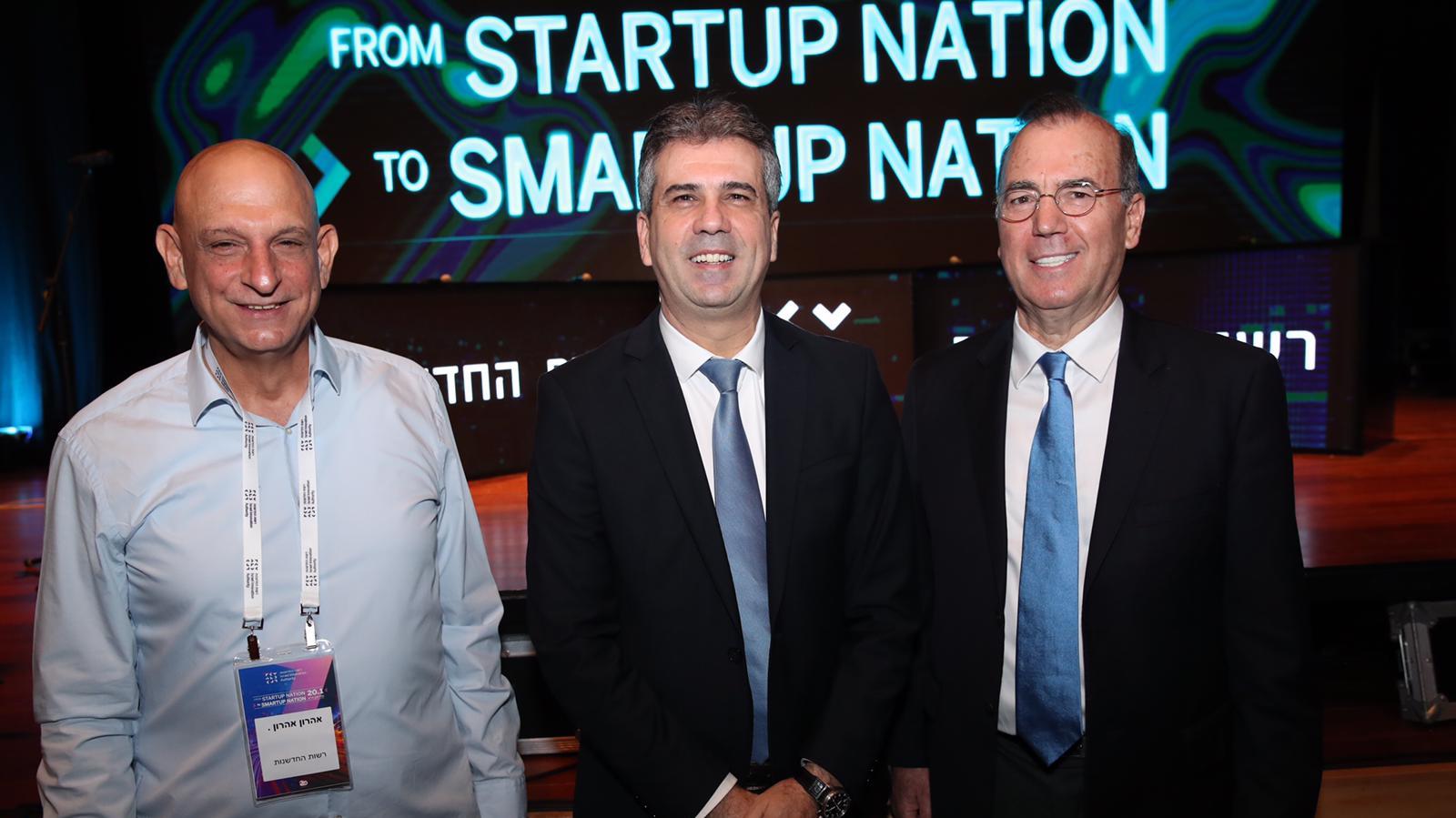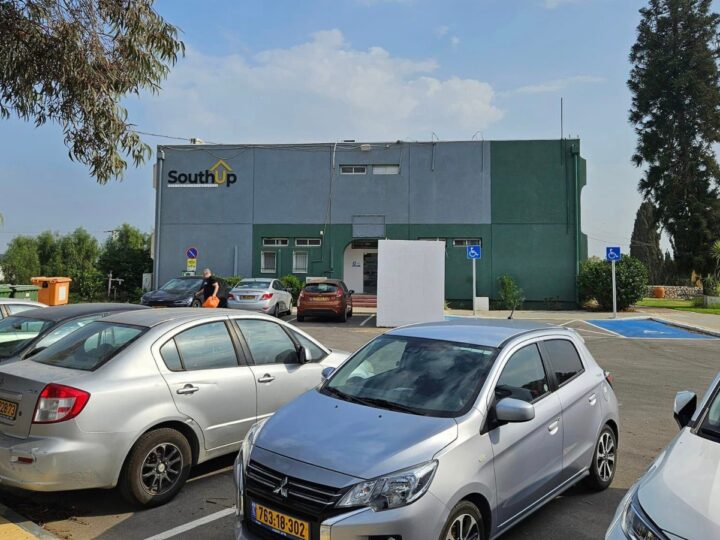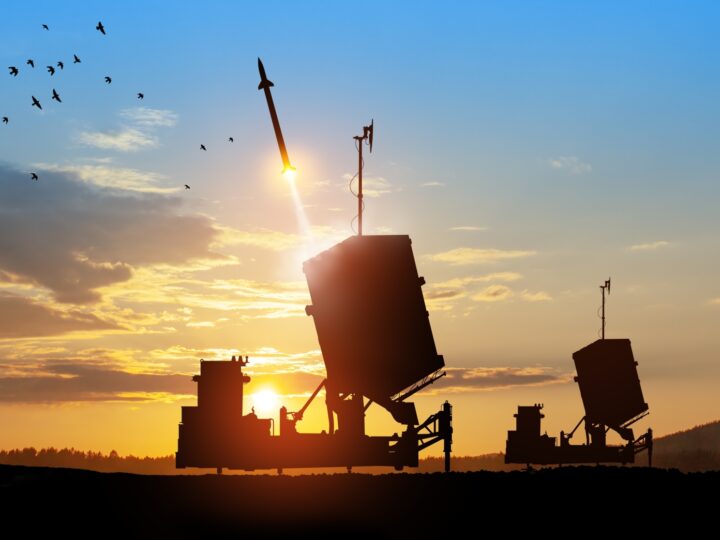You’ve heard of the “Start-Up Nation.” Are you ready for the “Smart-Up Nation?”
That’s one of the calls to action found in the Israel Innovation Authority’s 2018-2019 report, focusing on the country’s most significant tech challenges.
The IIA says the government must encourage new collaborations between tech companies and public-sector organizations. Last year, it launched a program to fund and provide regulatory support to companies that agree to test their tech in Israel.
The report highlights three other critical success factors for Israel going forward:
- Approximately 75 percent of all high-tech jobs in Israel are located in the Tel Aviv metropolitan area. The IIA proposes increasing grants and perks to companies operating outside that area– especially in Haifa, Jerusalem and Beersheva, which have universities, research hospitals and plenty of entrepreneurs — and encouraging local entrepreneurship through government-funded high-tech incubators in those areas.
- It’s hard to build a world-renowned pharmaceutical company in a country with just 9 million people. Teva did it, but that one-time success hasn’t been replicated. Most of the 200-some companies in the Israeli biopharma industry are small and “most have yet to achieve considerable sales.” The report suggests financial and tax incentives for foreign corporations to set up shop in Israel to help it reach its potential to become a leader, particularly in personalized medicine.
- Israel needs a broad commitment to the AI space lest it be left behind. The IIA suggests that government, academia and industry jointly formulate a national vision and strategy for AI, which would strengthen academic research in AI, boost human capital and develop the appropriate R&D infrastructures that will serve both academia and industry.
The report also showcased some of the IIA’s achievements over the past year:
- The establishment of a collaboration with the CERN particle accelerator in Europe in order to transfer knowledge to companies in Israel.
- The expansion of an incentive program for mature companies with an increase in budget from ₪60 million in 2017 to ₪85 million in 2018.
- The launch of “Coding Bootcamps” to train more Israelis to fill the estimated 15,000-person shortage for computer programming and engineering jobs in the country.
- Help in creating a new category of visas for foreign experts in the high-tech sector – another way of plugging the high-tech employee gap.
- A 20% increase in the number of grants to ultra-Orthodox and Israeli Arab entrepreneurs and startups.
- A “speed dating” event that introduces startups in the North to one another. A similar event is planned for 2019 in Israel’s South.
- The launch of a competitive process for the establishment of a food-tech incubator in Safed.
- Increased participation by Israeli researchers in the European Union’s Horizon 2020 program.
- The IIA supported 943 companies in 2018 and financed approximately 1,500 projects, for a total of ₪7 billion.
The report also noted that investment in the Israeli high-tech industry continues to increase. In 2018, it was expected to exceed $6 billion compared with $5.2 billion in 2017. High-tech exports grew by 8% in 2018 and are expected to reach $100 billion.
The full report can be downloaded here.
Fighting for Israel's truth
We cover what makes life in Israel so special — it's people. A non-profit organization, ISRAEL21c's team of journalists are committed to telling stories that humanize Israelis and show their positive impact on our world. You can bring these stories to life by making a donation of $6/month.









